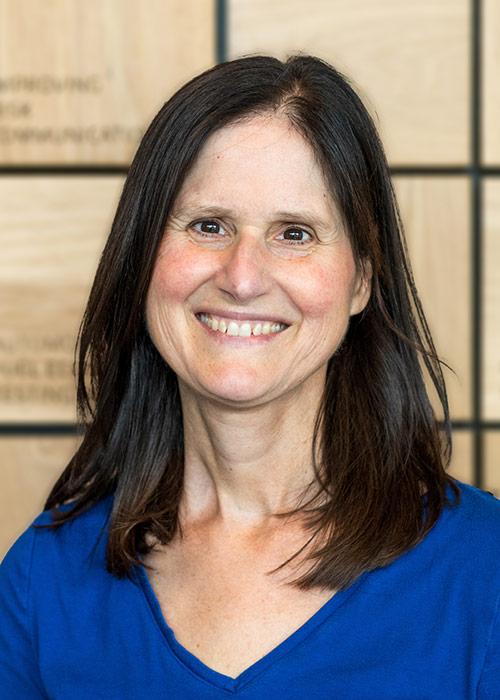Second opinions are believed to give both patients and physicians better insight into medical diagnoses and help them make better decisions about care and treatment.
But a recent study has revealed that sharing information about a patient’s initial diagnosis with the physician conducting the second opinion– a practice most pathologists prefer – can influence the outcome of the second opinion. In some instances, sharing the first opinion can make the second opinion less accurate.

“Second opinions are an important but understudied area of medical care,” said senior author Kathleen Kerr, a professor of biostatistics at the University of Washington School of Public Health. “One reason there isn’t much research about medical second opinions is that they are challenging to study. We sought to answer a pretty basic question: are physicians giving second opinions influenced by knowing the first opinion?”
The study, which appears in the August JAMA Dermatology, asked 149 pathologists to interpret slides from skin biopsies in two phases. In the first phase, participants were randomly assigned a set of slides to interpret. A little over a year later, in the second phase, they were asked to interpret the identical set of slides without being informed that they were the same samples. All participants were told that each case had been reviewed previously by another physician and they received a prior physician’s diagnosis for some – but not all—of the cases.
“In other words, the pathologists were providing a second opinion, but they only knew the first opinion diagnosis for a randomly-selected subset of the cases,” said Dr. Joann Elmore, the study’s lead investigator and a professor of medicine in the division of general internal medicine at the David Geffen School of Medicine at UCLA.
A key feature of the study design was that, when a prior diagnosis of a case was shared, it was always a more or less severe diagnosis than the physician’s diagnosis of the case in the first study phase.
“We wanted to see whether knowing another physician’s diagnosis could affect a pathologist’s diagnosis. This condition was randomized in the second phase of the study, so we could measure the effect,” said Kerr.
Findings clearly showed that pathologists were influenced by receiving first opinion diagnosis. This influence held true for pathologists who had previously stated that they were “not at all influenced” by prior diagnoses.
More worrying, even when investigators focused on the subset of cases in which pathologists’ diagnosis were correct in the first study phase, they observed a tendency to change to an incorrect diagnosis in the second phase based on seeing another physician’s diagnosis. This is concerning as a physician swayed to a more severe diagnosis may overtreat a patient while a physician swayed to a less severe diagnosis could undertreat. Both circumstances can harm patients.
“We can speculate that we saw such large effects in this study because these skin biopsies are very challenging to diagnose. Previous research has shown that the same biopsy sample can receive very different diagnoses by different pathologists. However, such challenging diagnoses are exactly when second opinions are most important,” said Kerr.
In order to remove the undue influence knowledge of prior diagnosis exerts on second opinions and ensure independent diagnostic opinions, researchers highlighted how important it is to consider and refine the methods of how two opinions come together when making a medical diagnosis.
“Accurate diagnosis is the basis for quality patient care in the immediate term, and also the basis for quality research to improve patient care in the future. Our study demonstrates the importance of considering best practices for how second opinions are obtained,” said Kerr.
Study co-authors include UW biostatistics researchers Lisa Reisch and Hannah Shucard.